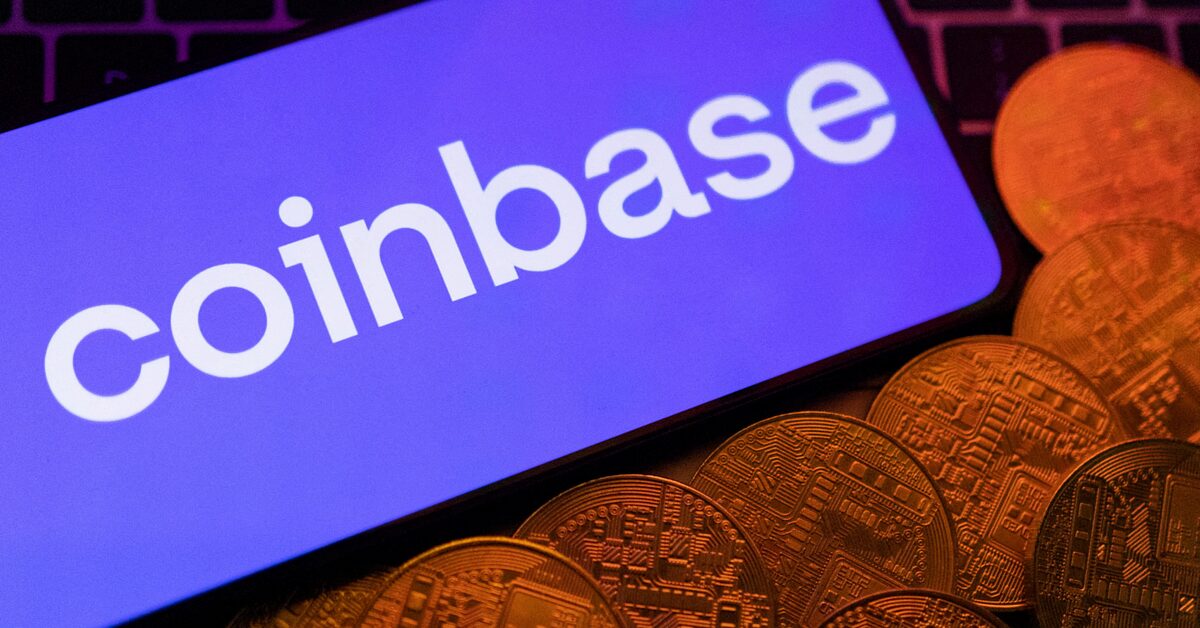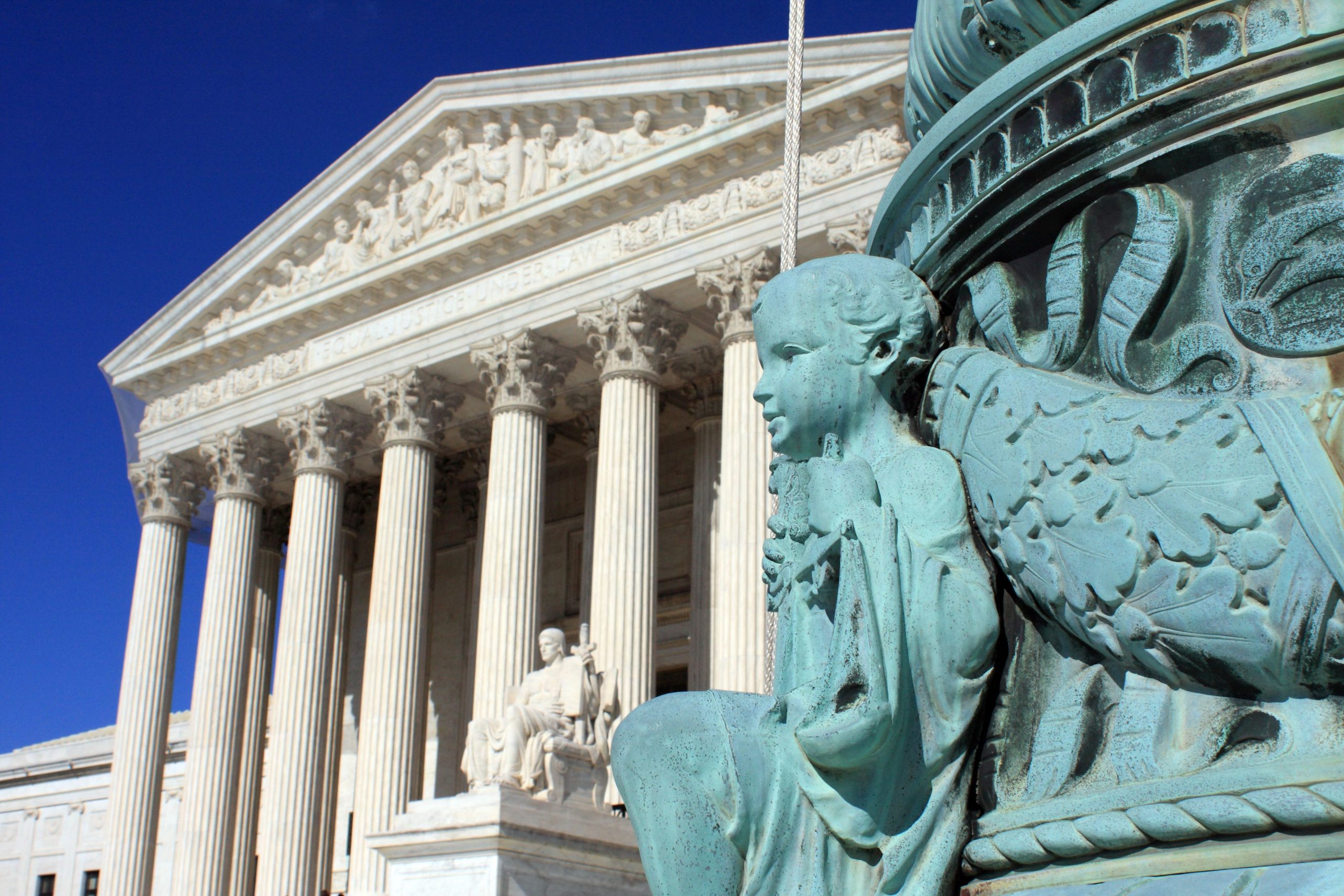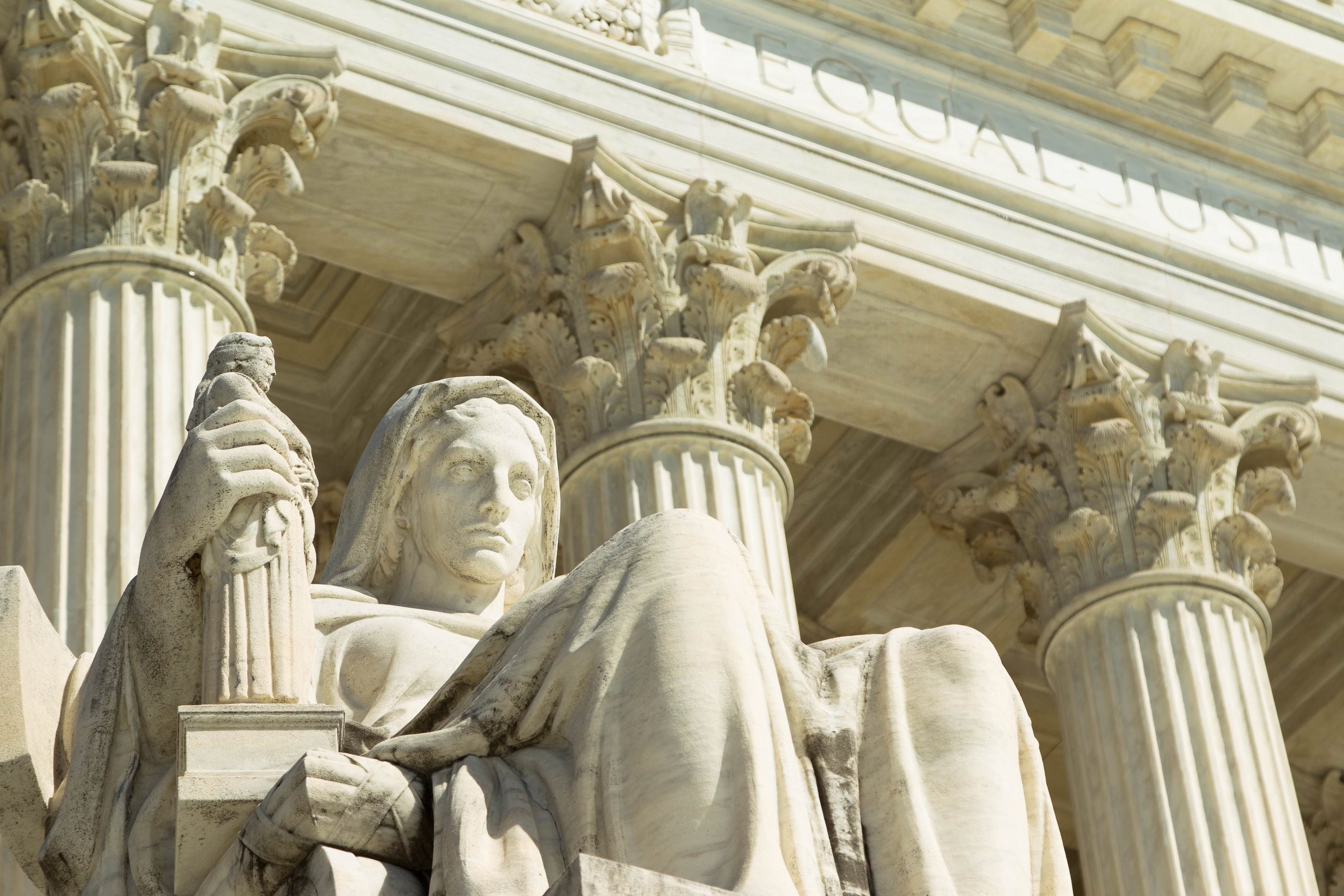- Messages
- 12,037
- Reaction score
- 2,590
- Points
- 238
WASHINGTON, Nov 3 (Reuters) - The U.S. Supreme Court on Friday agreed to hear a dispute over Coinbase's (COIN.O) effort to move a dispute with users of the cryptocurrency exchange out of courts and into private arbitration, which businesses often prefer over litigation.
The justices took up Coinbase's appeal of a lower court's ruling that the trading platform had effectively waived its right to arbitrate a dispute stemming from a 2021 sweepstakes that users later alleged was false advertising.

 www.reuters.com
www.reuters.com
The justices took up Coinbase's appeal of a lower court's ruling that the trading platform had effectively waived its right to arbitrate a dispute stemming from a 2021 sweepstakes that users later alleged was false advertising.

US Supreme Court takes up Coinbase arbitration dispute
The U.S. Supreme Court on Friday agreed to hear a dispute over Coinbase's effort to move a dispute with users of the cryptocurrency exchange out of courts and into private arbitration, which businesses often prefer over litigation.




